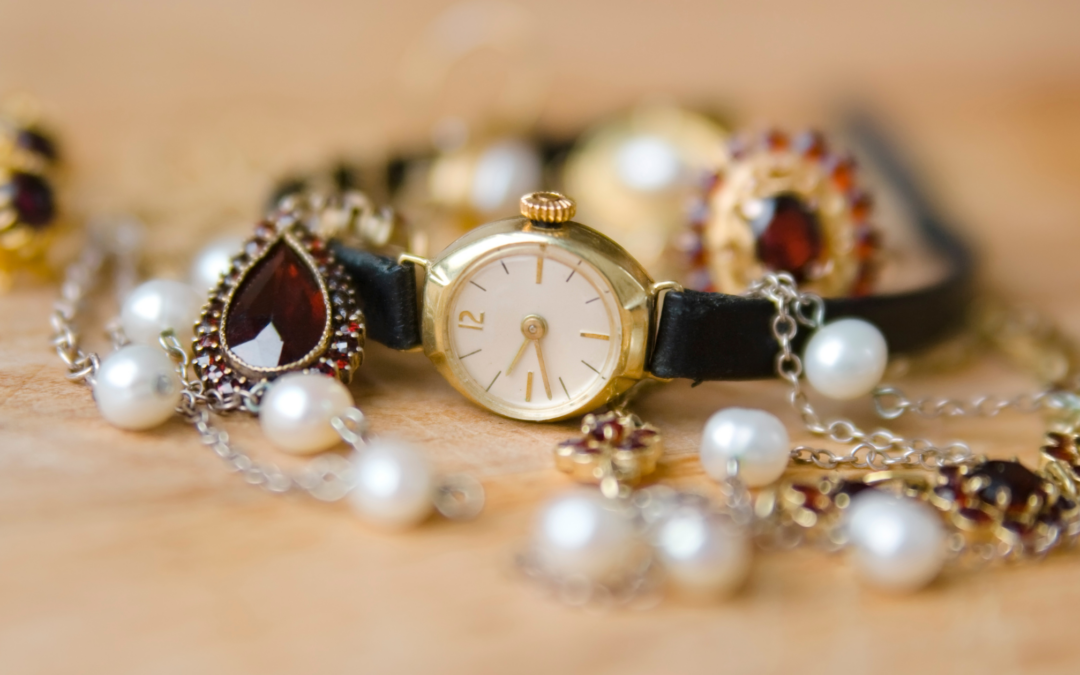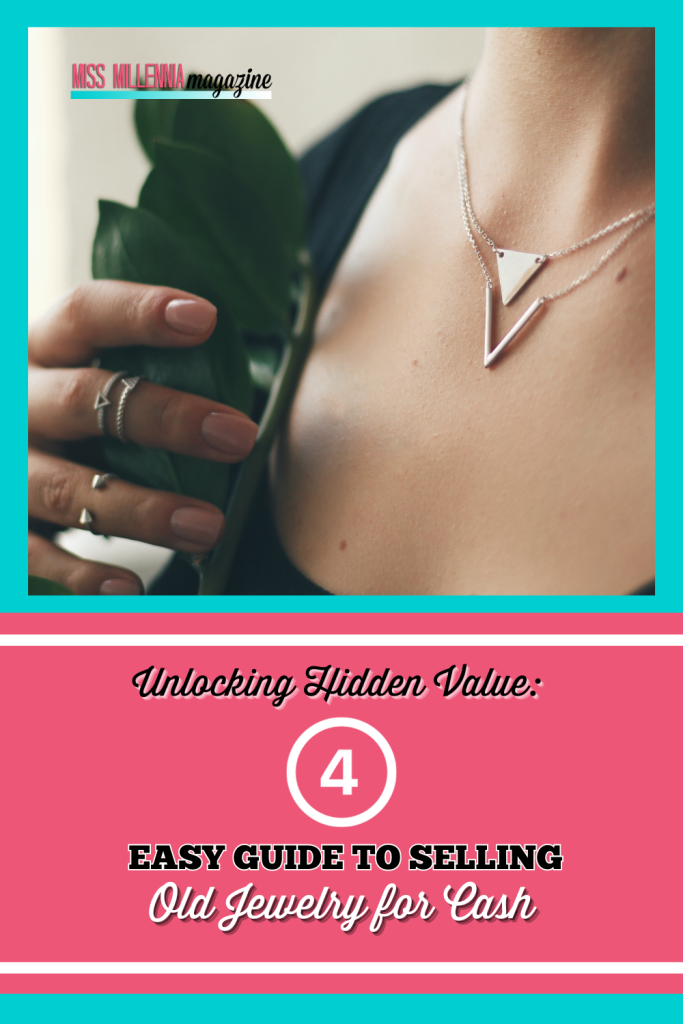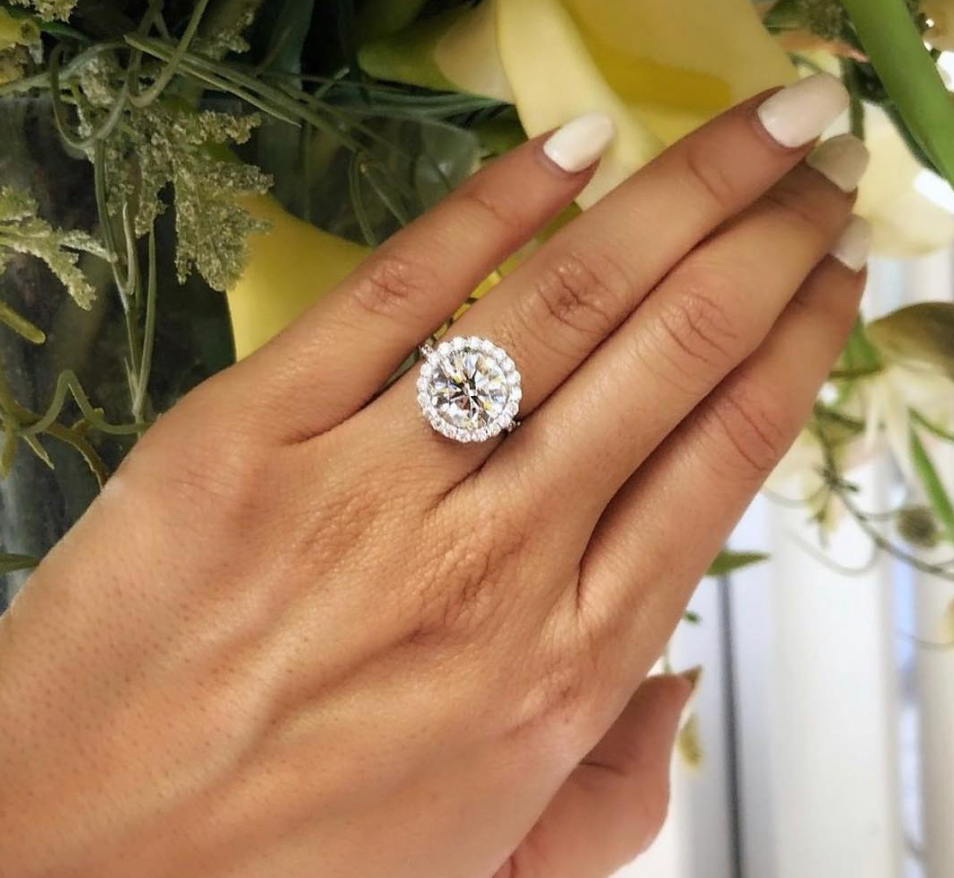Unlocking Value: Exploring Local Options For Jewelry Sales
Unlocking Value: Exploring Local Options for Jewelry Sales
Related Articles: Unlocking Value: Exploring Local Options for Jewelry Sales
Introduction
With great pleasure, we will explore the intriguing topic related to Unlocking Value: Exploring Local Options for Jewelry Sales. Let’s weave interesting information and offer fresh perspectives to the readers.
Table of Content
Unlocking Value: Exploring Local Options for Jewelry Sales

Jewelry, with its enduring appeal and sentimental value, often holds a special place in our lives. Whether it’s a cherished heirloom or a recent acquisition, the desire to sell jewelry can arise for various reasons: financial need, downsizing, or simply wanting to make space for new treasures. Navigating the process of selling jewelry can be daunting, especially when seeking a local solution. This comprehensive guide delves into the diverse avenues available for selling jewelry within your community, providing clarity and insight for a successful experience.
Understanding the Local Landscape
The first step in selling jewelry locally is understanding the options available within your specific area. While online platforms offer global reach, local options often provide a more personal touch and quicker turnaround. Here’s a breakdown of the most common avenues:
1. Local Jewelry Stores:
- Benefits: These stores often specialize in buying and selling pre-owned jewelry, offering expertise in assessing value and providing competitive pricing. They often have established clientele seeking unique pieces, providing a direct market for your jewelry.
- Considerations: Local jewelry stores may have specific buying policies, focusing on certain types of jewelry or brands. It’s crucial to inquire about their buying criteria and any associated fees.
2. Pawn Shops:
- Benefits: Pawn shops offer a quick and convenient option for selling jewelry, often providing cash on the spot. They are generally open to a wider range of jewelry pieces.
- Considerations: Pawn shops typically offer lower prices compared to other options, as they need to account for the risk of needing to resell the item.
3. Antique Shops and Consignment Stores:
- Benefits: These establishments often cater to collectors and individuals seeking vintage or unique jewelry, offering a potential market for antique or designer pieces. Consignment stores allow you to earn a percentage of the sale price, eliminating the risk of selling at a lower price.
- Considerations: Consignment stores typically have specific requirements for the jewelry they accept, often focusing on quality and provenance. The consignment process may involve waiting periods for your jewelry to sell.
4. Local Flea Markets and Craft Fairs:
- Benefits: These events provide a platform to showcase your jewelry directly to potential buyers, allowing you to interact and negotiate prices. They often offer a vibrant atmosphere and a chance to engage with a diverse audience.
- Considerations: These events can be time-consuming and require preparation, including setting up a booth and displaying your jewelry attractively. Competition can be high, requiring effective marketing and pricing strategies.
5. Local Auction Houses:
- Benefits: Auction houses specialize in selling high-value or unique jewelry, often attracting collectors and discerning buyers. They can provide expertise in valuation and marketing, potentially leading to higher sale prices.
- Considerations: Auction houses often charge fees, including commission and storage. They may have specific requirements for the jewelry they accept, focusing on quality and provenance.
Navigating the Sales Process
Once you’ve identified potential local options, the next step is to prepare for the sales process. This includes:
- Researching and Comparing Prices: Understanding the current market value of your jewelry is crucial for setting realistic expectations and negotiating fair prices. Utilize online resources, consult with appraisers, or seek quotes from multiple buyers.
- Assessing the Condition of Your Jewelry: The condition of your jewelry significantly impacts its value. Cleaning, polishing, and repairing any damage can enhance its appeal and potentially increase its selling price.
- Gathering Necessary Documentation: Depending on the type of jewelry and its history, you may need documentation such as receipts, appraisals, or certificates of authenticity.
- Understanding Fees and Commissions: Be aware of any fees or commissions associated with selling your jewelry, whether from consignment stores, auction houses, or other intermediaries.
Tips for a Successful Sale
- Know Your Jewelry: Research the history, materials, and design of your jewelry to provide informed insights to potential buyers.
- Present Your Jewelry Professionally: Ensure your jewelry is clean, polished, and displayed attractively.
- Be Prepared to Negotiate: Be open to negotiation, but also stand firm on your asking price.
- Consider Insurance: If you are consigning or selling through an auction house, consider insuring your jewelry against loss or damage.
- Seek Professional Advice: If you have valuable or unique jewelry, consult with a reputable appraiser for an accurate valuation.
Frequently Asked Questions (FAQs)
Q: What types of jewelry are most in demand locally?
A: The demand for jewelry varies depending on the local market. However, timeless pieces like classic diamond earrings, gold bracelets, and vintage jewelry often hold strong appeal.
Q: How do I determine the value of my jewelry?
A: You can research online resources, consult with appraisers, or seek quotes from multiple buyers. Consider the age, condition, materials, and brand of the jewelry.
Q: What are the fees associated with selling jewelry locally?
A: Fees vary depending on the selling platform. Consignment stores typically take a percentage of the sale price, while auction houses charge commission and storage fees.
Q: How long does it take to sell jewelry locally?
A: The time it takes to sell jewelry locally can vary depending on the type of jewelry, the selling platform, and market demand. Consignment stores may take several weeks or months, while auction houses can have a faster turnaround.
Conclusion
Selling jewelry locally offers a personal and potentially rewarding experience. By understanding the diverse options available, preparing thoroughly, and navigating the sales process effectively, you can unlock the value of your jewelry and achieve a successful outcome. Remember to research, compare, and seek professional advice when necessary to ensure a positive and transparent transaction.








Closure
Thus, we hope this article has provided valuable insights into Unlocking Value: Exploring Local Options for Jewelry Sales. We hope you find this article informative and beneficial. See you in our next article!
You may also like
Recent Posts
- The Enduring Appeal Of XP Jewelry: A Timeless Symbol Of Achievement
- A Global Tapestry Of Adornment: Exploring World Collections Of Jewelry
- The Evolution Of A Brand: Understanding The Name Change Of Lola Rose Jewellery
- Navigating The UK’s Jewelry Wholesale Landscape: A Comprehensive Guide
- The Allure Of Effy Jewelry: Unveiling The Reasons Behind Its Premium Pricing
- The Enduring Appeal Of Gold Jewelry: A Timeless Investment
- The Art Of Harmony: Elevating Your Style Through Accessory Coordination
- The Comprehensive Guide To Wholesale Jewelry Supplies Catalogs: A Treasure Trove For Jewelry Makers And Businesses
Leave a Reply